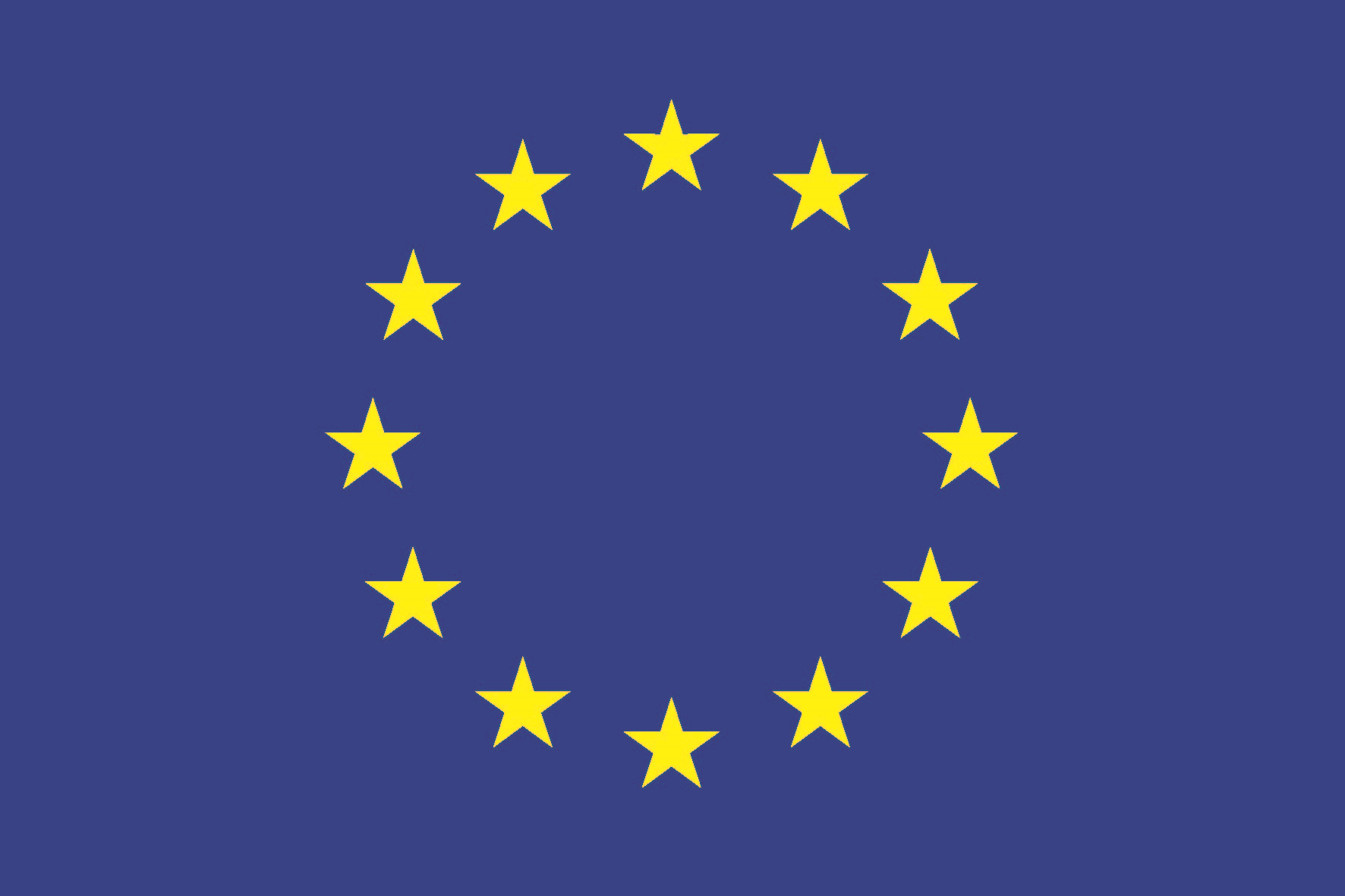New definitional framework of food waste proposed by European FUSIONS project
September 1, 2014
The FUSIONS framework for defining food waste was published on 3 July 2014. The definition aims to support the streamlining of food waste quantification and data gathering across Europe. The framework also defined all resource flows in the food supply chain.
If used consistently, the definition should lead to a clear understanding of where food waste arises and how it is being managed at all stages of the food supply chain and across the EU28. It would also allow for the comparability of data and successful progress measurement for both resource efficiency and food security goals.
FUSIONS defines food waste as any food, and inedible parts of food, removed from the food supply chain to be recovered or disposed (including - composted, crops ploughed in/not harvested, anaerobic digestion, bioenergy production, co-generation, incineration, disposal to sewer, landfill or discarded to sea).
The definition covers both food and drink waste, and hence both solid and liquid disposal routes. Where possible, the edible and inedible fraction should be separately analysed or estimated, but including inedible parts of food within the framework is key to ensuring that it is practical to use and that it allows users to track and optimise resource efficiency.
The definition will serve as a basis for further methodological work in FUSIONS, in particular the development of a Food Waste Quantification Manual, providing EU Member States with a consistent methodology for measuring food waste.
All reports can be downloaded here: www.eu-fusions.org/publications

 Copyright © 2016 | EU FUSIONS |
Copyright © 2016 | EU FUSIONS |